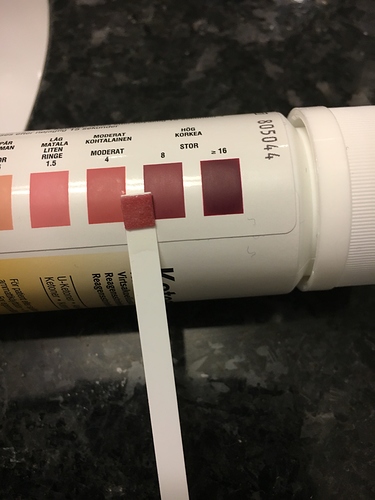The only macronutrient we really need to worry about is carbohydrate. Keeping it low enough to lower our insulin level is the real point of a ketogenic diet, because not only do high levels of glucose and insulin in the blood do significant damage over time, but insulin is also the fat-storage hormone, and when it is too high, there is no hope of getting fat out of our fat cells to be metabolized.
Most people don’t need to worry about protein. Protein intake seems to stay pretty much the same after beginning keto as it was pre-keto.
Eating fat as part of a well-formulated ketogenic diet is about getting energy for the body to do its thing without increasing insulin. Fat has a minimal effect on insulin secretion, so it is the best source of calories to replace the calories no longer coming from carbohydrate. But we urge people to eat to satiety, not to some arbitrary fat goal. So save the fat bombs for when you’re hungry, don’t feel obliged to eat them just 'cause.
Once insulin has been low enough long enough, the hormonal signaling that stimulates and suppresses appetite usually becomes a reliable guide to how much to eat. The body knows what it needs, and we can trust it to tell us.
Please give yourself another month or two of ketogenic eating before you decide it’s not for you. Women in particular often seem to need a period of re-regulation before their bodies decide to start shedding fat. My guess is that in such cases there is healing going on behind the scenes. Also, fat loss is never a linear thing, even for those people who shed amazing amounts, so fluctuations and apparent stalls are a part of the process. It doesn’t mean you’re doing anything wrong.



